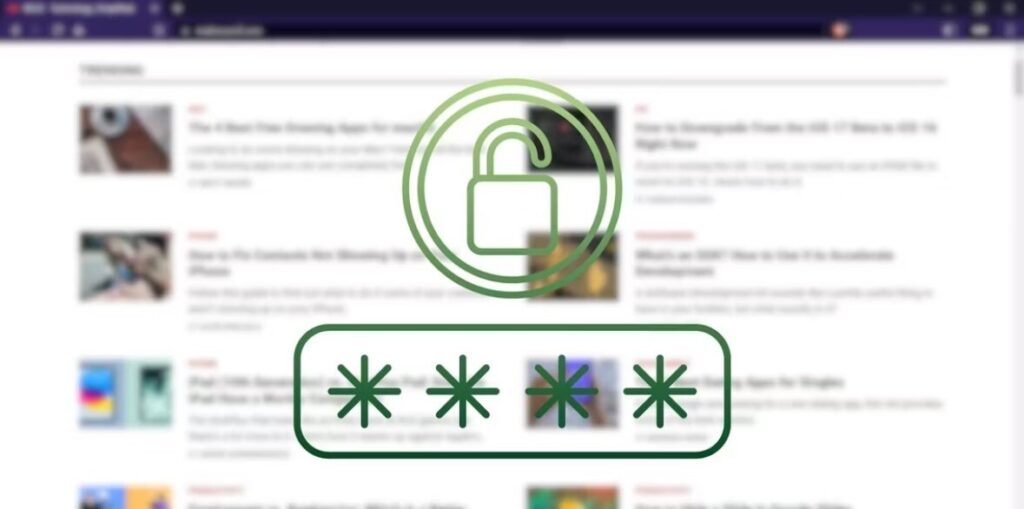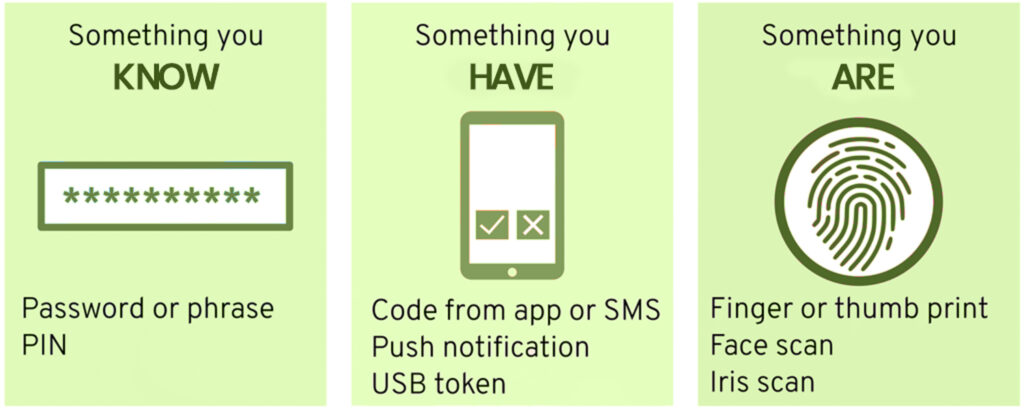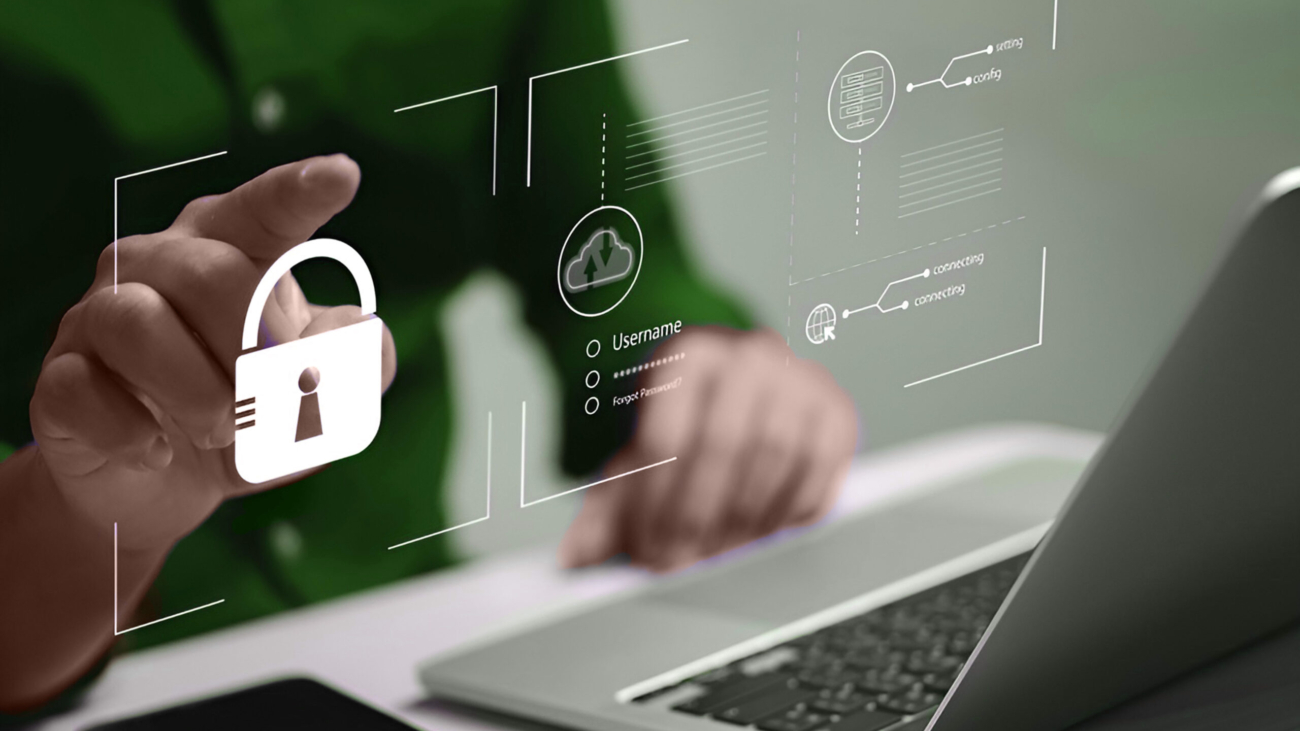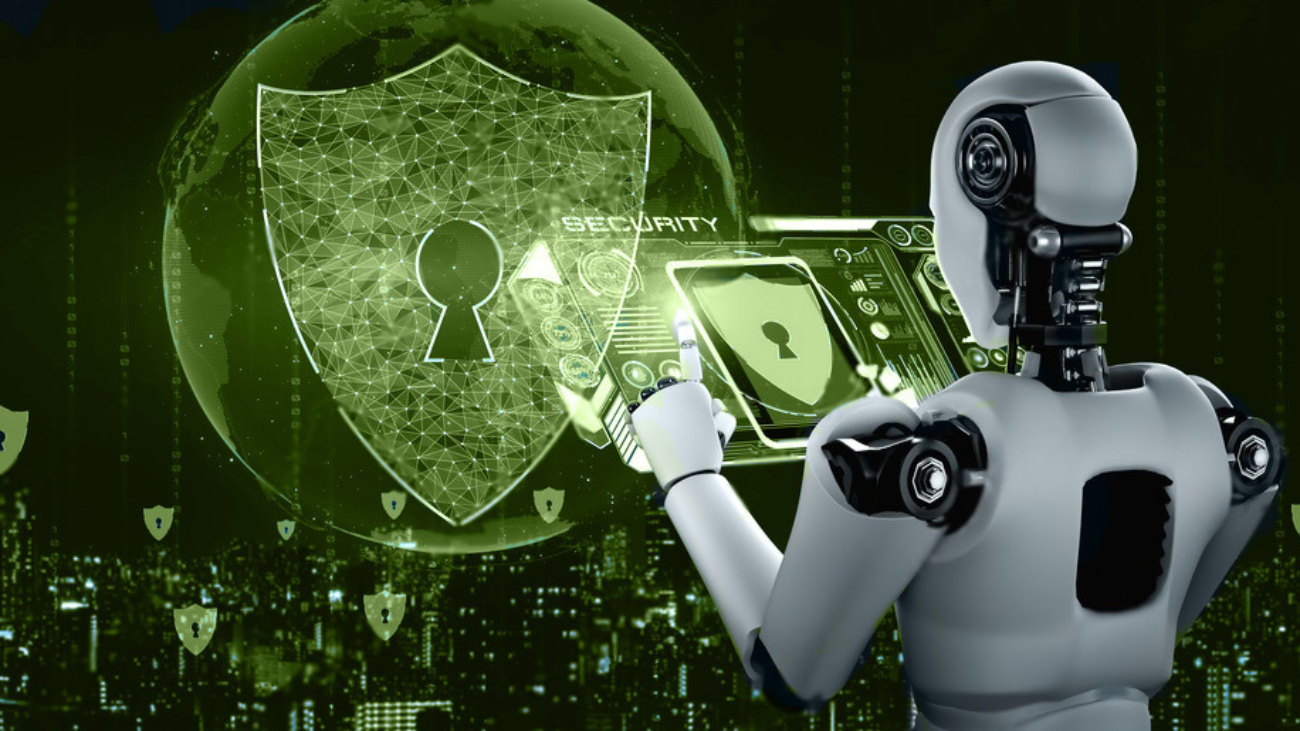In order to secure password from hackers, you are often told to input a strong password, whether it’s in your email or making a new account somewhere else. Managing passwords is important in this modern world, as hackers are always coming up with creative ways to break into accounts and obtain personal information.
How to Secure Password in 10 Ways
Nearly everything you do online requires a password, and you use different kinds of passwords every day without knowing their sensitivity. Selecting safe and secure passwords and keeping them up-to-date can sometimes seem difficult. Luckily, there are some easy tips for you to maximise the security of your passwords. By doing this, you may stop data theft and account takeover by hackers (or the theft of assets from online banking!).
1. Don’t use your private data
In order to make a strong password, you should avoid any connections to private data like names, dates of birth, addresses, or cell phone numbers. Avoid passwords like Marry123 or 6 june 2010.
2. Use complex numbers and characters
Add a mix of special characters and use higher-case and upper-case letters, digits, and symbols to make a strong and complicated password so that it is hard to be accessible to anyone. Don’t use one-word names like password1, because hackers will easily guess them. Use something like @W56r&11dT.
3. Increase password length

Do you know that a minimum of 16 characters should be used to make a strong and secure password in order to reduce the risk of a data leak or cyber attack. In today’s era of cybercrime and AI, hackers use multiple password cracking software and tools that will break your simple and short passwords in minutes.
4. Never repeat your password
Don’t make the mistake of repeating your passwords. Repeating the same password across many accounts exposes you to the typical risk of credentials-stuffing attacks by hackers.
5. Don’t save passwords in your browser

When you browse websites, a lot of browsers offer you the option to save your passwords. This option is not good for managing passwords, even if it can appear convenient. Hackers could use computer theft or cookie manipulation to get access to these stored passwords. Use password manager like KeePass and LastPass to safely store and protect passwords and passphrases, which makes it far more difficult for hackers to get access to them.
6. Simple to remember but difficult to guess
Make your password simple to remember for yourself but difficult to guess by anyone you know or an online hacker. Don’t use passwords like birthdays, pet or child names, car models, etc. If your buddies can locate it, hackers can too.
To make passwords simpler to remember, consider using words or phrases, for example, “happyandchillyayy.” You can even use spaces in certain networks: “happy and chill yayy.”
7. Don’t share passwords with anyone

Keep your passwords private at all times. You wouldn’t hand a stranger an ATM card and your PIN. Then why would you reveal your password and username? The login details you provide to others are as important as the funds in your bank account. You are the only one who has to know about them, not even those in IT. It’s a fraud if someone asks for your password. Its a major mistake to share your passwords with family members or friends because it will put your personal accounts’ cyber safety at risk.
8. Public WI-FI threat to security
If you use public Wi-Fi without a VPN, hackers can follow you online and perhaps access the data on your computer, including stored login passwords.
9. Use 2FA and MFA

Although passwords are a safer option than no security at all, they shouldn’t be the only way to confirm access permissions or authenticate identities. An extra level of security and safety is added when Two-Factor Authentication (2FA) or Multi Factor Authentication (MFA) is combined with a password. It needs a minimum of three authentication methods, which usually include:
- “something you have” (like a cyber token or authentication app)
- “something you know” (like a password)
- “something you are” (like fingerprints)
10. Switch passwords often
Changing the passwords you set for each of your accounts will help you feel more certain that you are taking all the required precautions to protect your data and accounts.
Conclusion:
Securing passwords has always been important, but it has become much more essential in recent years as hackers continue to create new and clever methods to access accounts and steal your personal information. Now we have discussed 10 easy tips to make your password safe. After implementing these tips, you can easily feel safe knowing that your private date is not in danger.
Check out our article on Advances in Machine Learning Ascribes AI Progress






